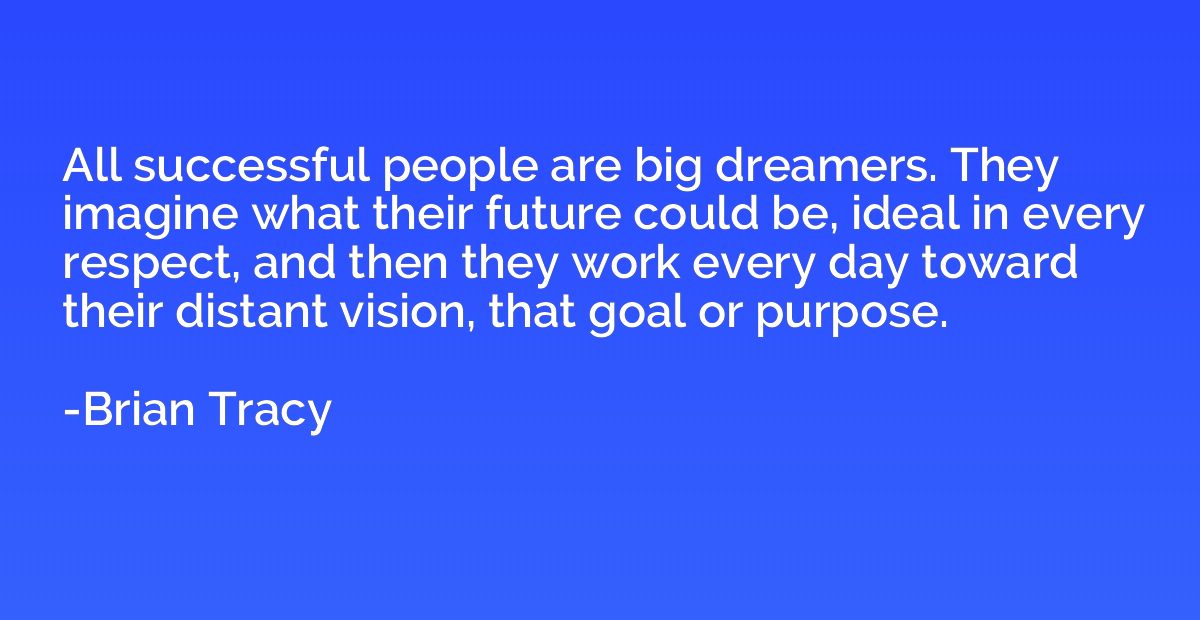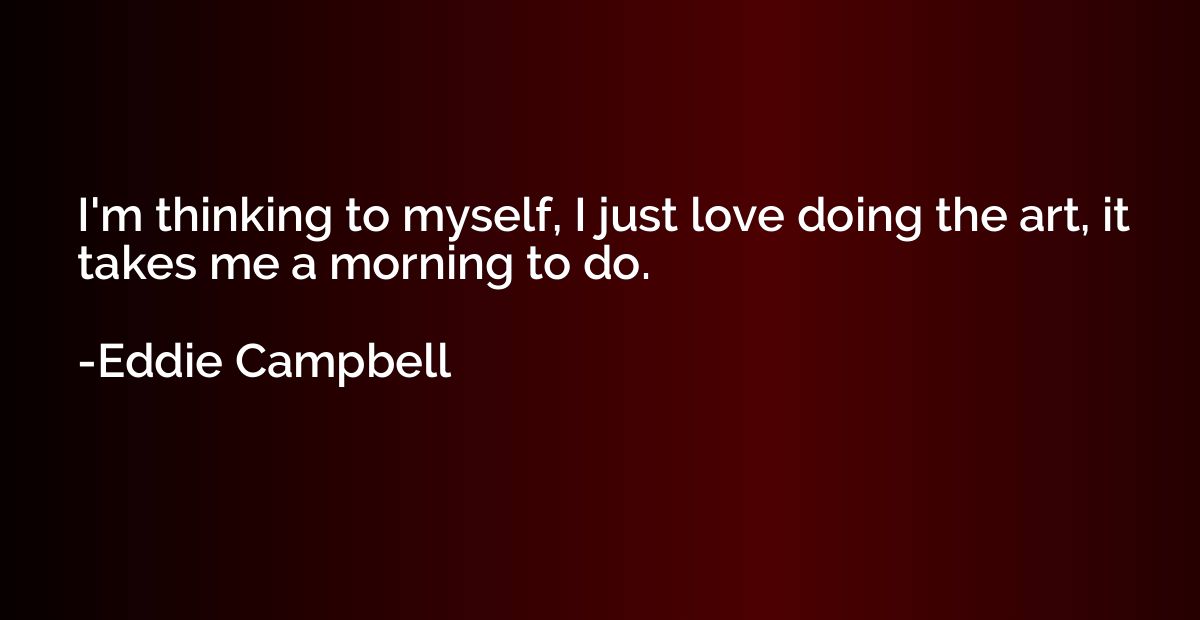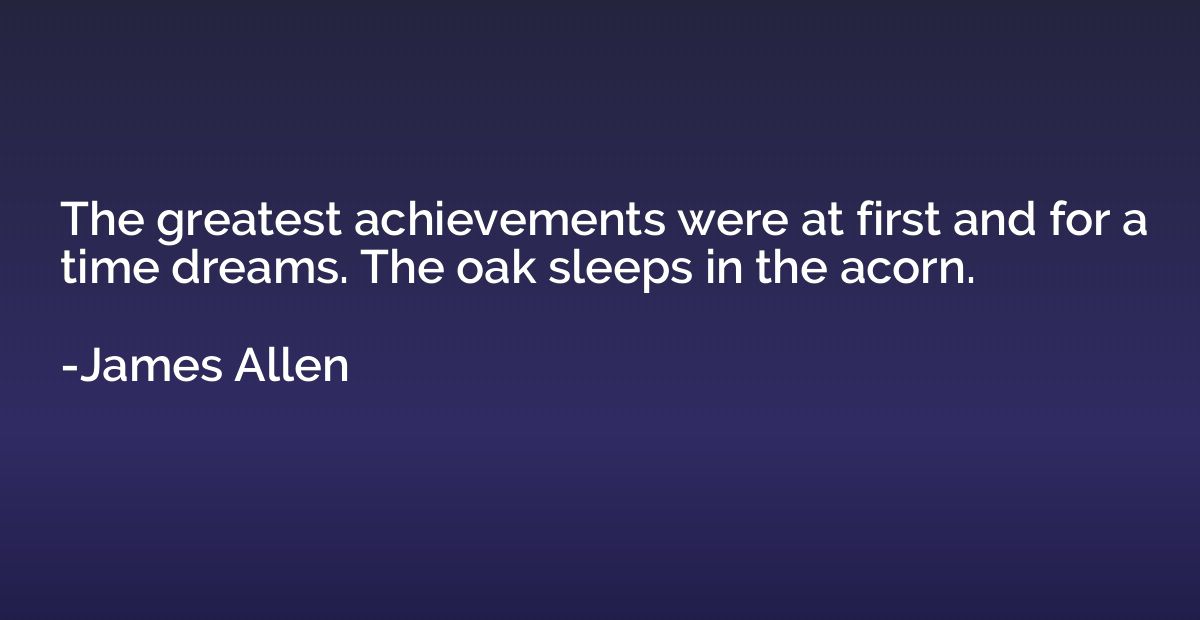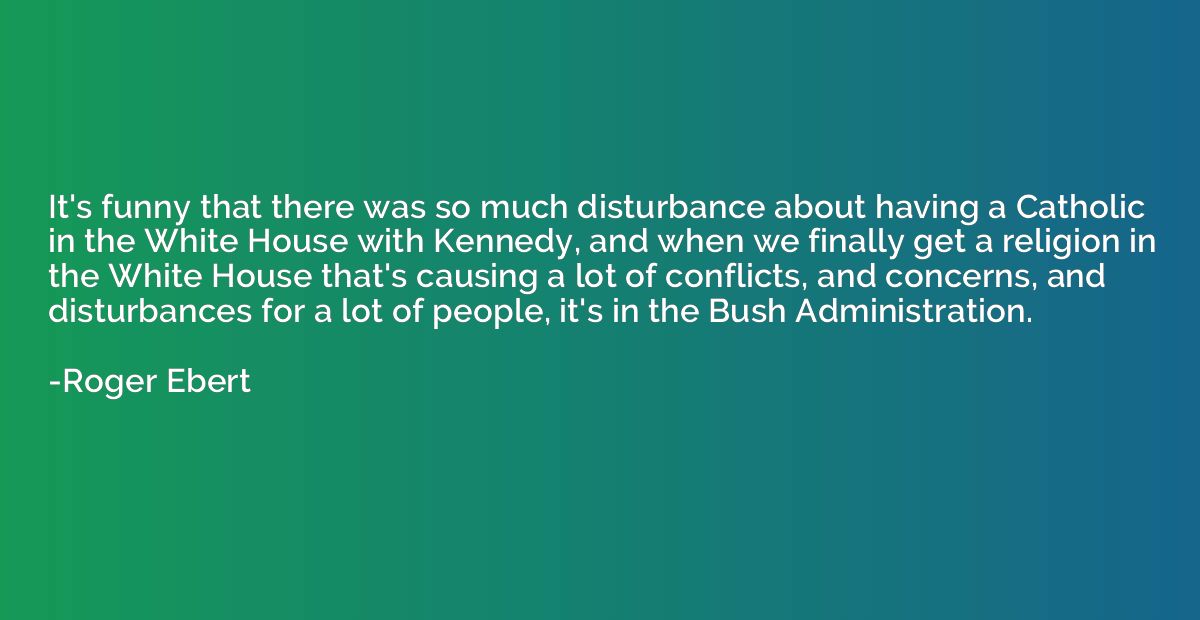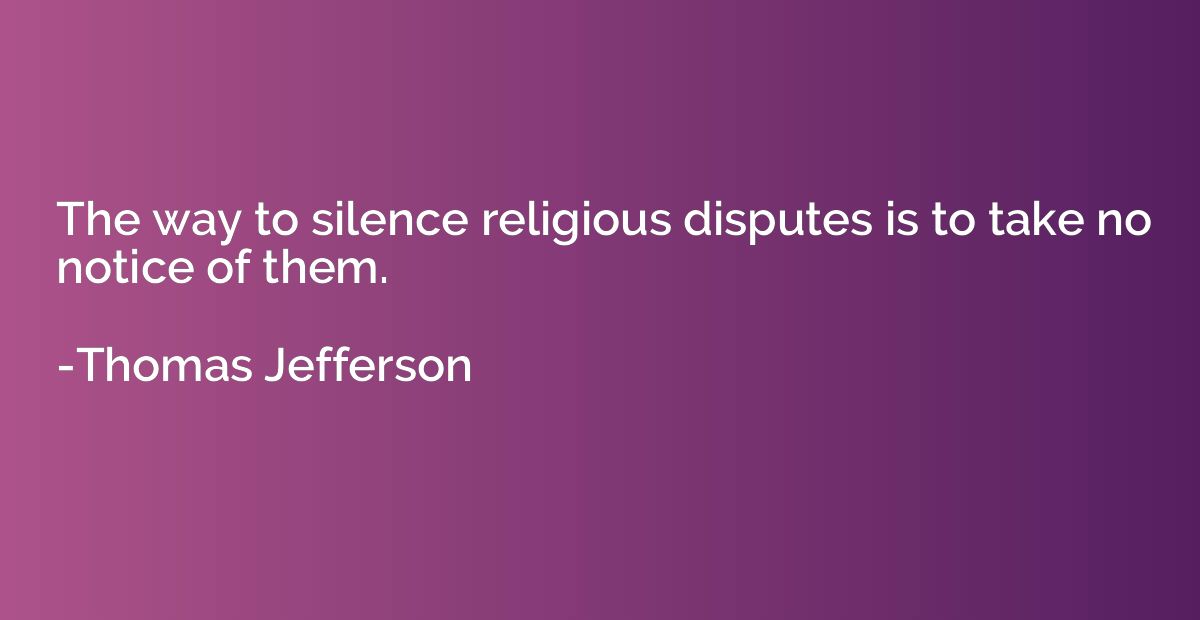Quote by Oliver Stone
Money itself isn't lost or made, it's simply transferred from one perception to another. This painting here. I bought it 10 years ago for 60 thousand dollars. I could sell it today for 600. The illusion has become real and the more real it becomes, the more desperately they want it.
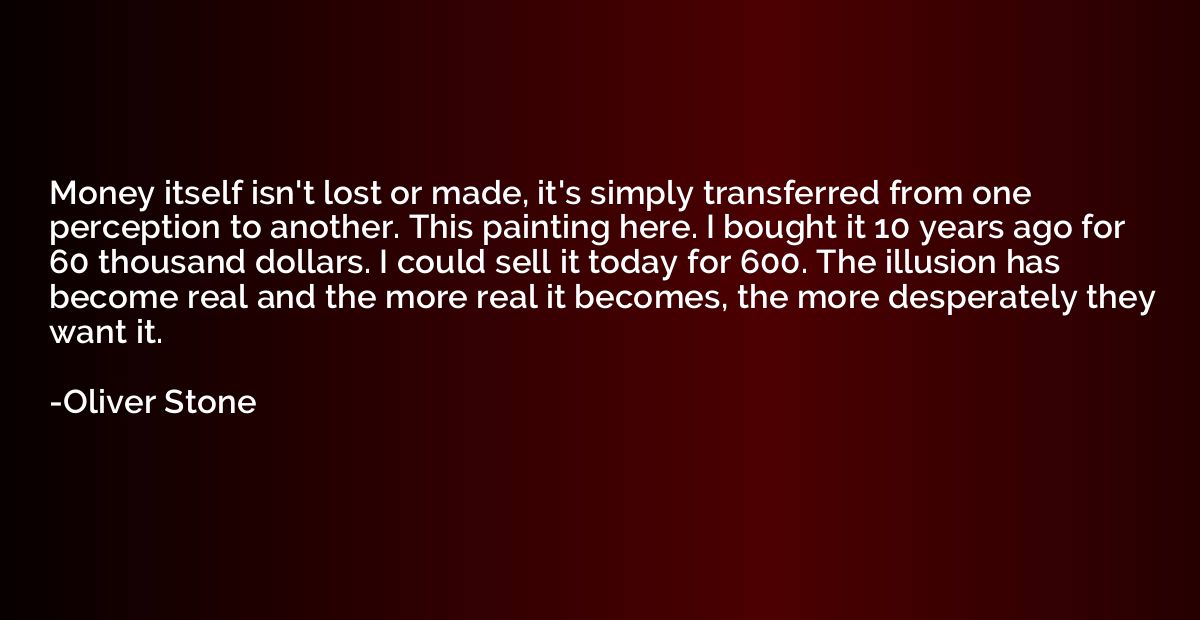
Summary
This quote suggests that money has no inherent value on its own; instead, its worth lies in how people perceive and assign value to it. The example given is that of a painting, initially bought for $60,000 and now potentially worth $600,000. As the perception surrounding the painting's value has increased, so has the desire for it. It implies that the more people view something as valuable or desirable, the more they covet and are willing to pay for it. The quote challenges the notion of money as a tangible entity by emphasizing the power of perception in shaping its worth.
By Oliver Stone




